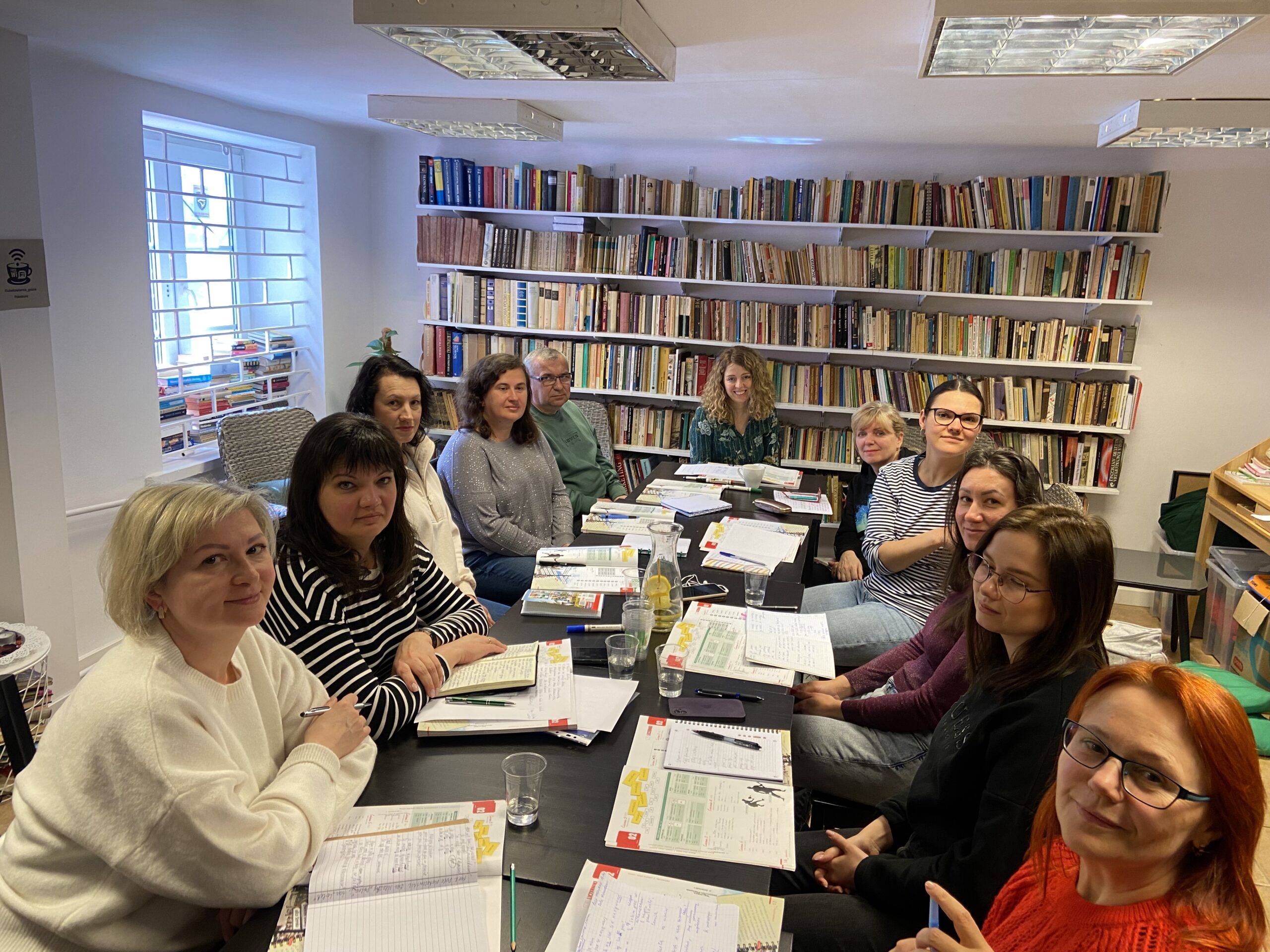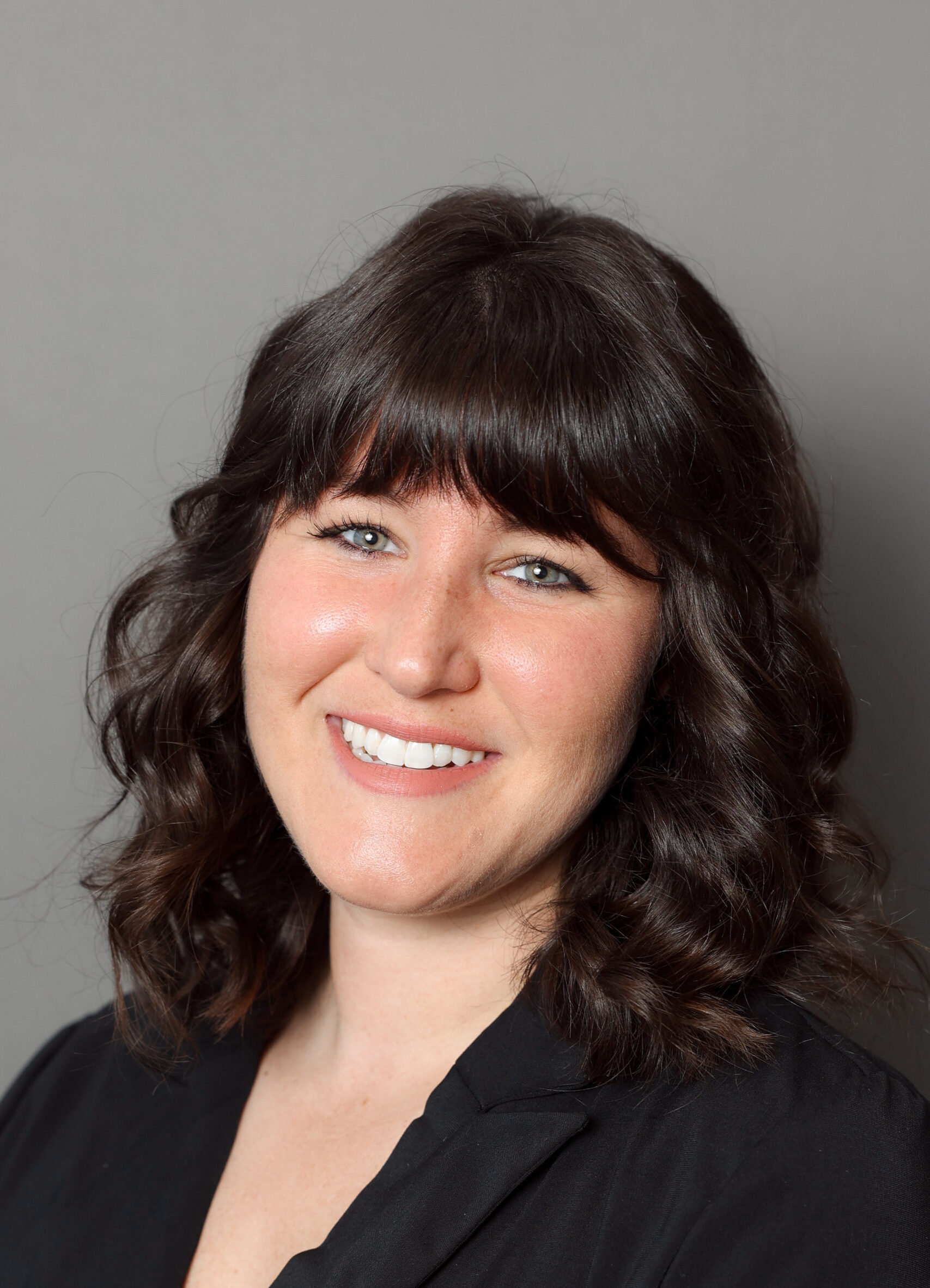More than $3.1 million in grants for Poland and Ukraine to support resilience and recovery

The Center for Disaster Philanthropy’s Ukraine Humanitarian Crisis Recovery Fund was established in February 2022 to focus on investing in long-term solutions to addressing humanitarian needs that arise, particularly among the most vulnerable, marginalized and at-risk people, including those who are internally displaced (IDPs) within Ukraine and refugees who have fled to surrounding countries due to the war.
Taking the long view
“Let us not forget. I’m very worried that two years into this crisis, we already have to say this,” said Filippo Grandi, the U.N. High Commissioner for Refugees, in January 2024.
Over two years after the start of the invasion, many funders have shifted their attention to other crises, but there are still significant recovery needs in Ukraine and the surrounding region.
At CDP, we know that recovery will take a long time, and flexible funding will be needed to support local actors throughout the recovery process.
In 2023, 17.6 million people in Ukraine required humanitarian assistance, 45% of whom are women, 23% are children and 15% are people with disabilities. In addition, millions of refugees have fled Ukraine, with the majority recorded across Europe. The 2023 Regional Refugee Response Plan, which includes Poland, Moldova, Bulgaria, Romania and other surrounding countries, called for $1.69 billion in aid.
Last year, we took a trip to Poland, where we met with local partners to better understand ongoing needs and where CDP can make the greatest impact on the economic and social integration of refugees and long-term recovery. We are intentionally funding programs and organizations serving Ukrainians displaced in the surrounding countries because we know there is a great need for these populations.
Despite the high needs recorded, many Ukrainian organizations and organizations in Poland and other host countries have struggled to secure much-needed financial support to meet their communities’ needs. With a dramatic fall in funding levels, particularly in refugee-hosting countries like Poland, many international nongovernmental organizations (INGOs) have withdrawn, are closing their offices or are determining exit strategies for their programs in the region, reinforcing the need to invest in the capacity of local organizations and locally-led initiatives.
Supporting a just and equitable recovery
The aim of this round of grantmaking from the Ukraine Humanitarian Crisis Recovery Fund is to continue to invest in programs and initiatives that help strengthen resilience, facilitate the integration of IDPs, refugees and returnees, and ensure an inclusive, fair and equitable recovery from the negative impacts of the war. Priorities include targeting marginalized and at-risk populations, such as LGBTQIA+ populations, women and children, refugees, and minority groups, for programs prioritizing livelihoods and economic empowerment, shelter, education, legal advice and case management, integration and social cohesion, and mental health and psychosocial support.
CDP has also prioritized working with non-traditional humanitarian actors, including human rights groups, advocacy organizations, and other civil society actors that existed before the invasion and have become humanitarians overnight. These partners are often better positioned to tackle root causes of vulnerability and discrimination that existed pre-conflict. They know the context well and have deep roots and trust within networks established over time. We work with these actors to address the root causes of vulnerability to ensure an equitable and inclusive recovery for all.
Many of our grants also include investments in systems that will further develop and strengthen the infrastructure needed for an equitable recovery and bolster local capacities. For example, we partnered with Refugees International to provide support to the recently formed Alliance for Ukrainian Civil Society Organizations (CSOs), helping them formalize structure, governance, strategy and raising their profile by funding the 2nd Annual Aid Conference, which saw the major actors from the UN, humanitarian and donor community in attendance.
CDP’s funding not only supported the conference but will also support the Alliance in developing report products, including a business case for localization, a localization annual survey and a lessons learned report at the end of the year. This work will build a more robust, locally-led response in Ukraine, which should be better able to withstand the inevitable diminishing funding and interest from outsiders and improve the long-term provision of aid for Ukrainians in need.
Latest round of grants from the Ukraine Humanitarian Crisis Recovery Fund
We are pleased to announce more than $3.1 million in grants to nine organizations working in Poland and Ukraine.
- Corus Solutions received $1 million to rebuild smallholder farmer and IDP livelihoods, increase local climate-adaptive agricultural capacity and production, and improve food security in Kharkiv Oblast.
- Fundacja Teach for Poland received $250,000 to enhance the competencies and leadership skills of intercultural assistants working with refugee children from Ukraine who are integrated into public Polish schools, fostering intercultural dialogue and education and promoting resilience.
- Fundacja Ukrainski Dom (Ukrainian House) received $250,000 to increase and improve the participation, integration, and effective social and economic inclusion and functioning of Ukrainian refugees in society, enabling them to fully exploit their potential and counteract social exclusion and discrimination.
- Gender Stream received $250,000 to identify and strengthen the leadership capacity of nascent LGBTQIA+ rights activists and civil society leaders to work with their communities and to advocate for greater inclusion of affected LGBTQIA+ people in response and recovery plans.
- Miyamoto received $250,000 to develop guidelines and training to enable the safe demolition of asbestos-containing structures in war-damaged Ukraine, which pose a significant health hazard to communities recovering from the impact of war.
- ORAM received a two-year grant of $485,000, co-funded from the Ukraine Humanitarian Crisis Recovery Fund and the Global Recovery Fund, to build the capacity of INGOs, NGOs and CSOs working with LGBTQIA+ refugees and provide them with the tools to meet the unique needs of LGBTQIA+ refugees in Europe and
- Philanthropy in Ukraine received $249,760 towards a multi-donor funded project to build out and enhance the Philanthropy.in.ua platform, conduct comprehensive research, offer capacity-building initiatives to empower local civil society, and broker and foster a proactive community of Ukrainian and international nonprofit organizations, ultimately resulting in a strengthened and more impactful philanthropic ecosystem to respond to long-term recovery needs in Ukraine.
- Polish Center for International Aid (PCPM) received $250,000 to support The Polish Organizations Pooled Fund (POP Fund), which aims to address the ongoing longer-term recovery and integration needs of Ukrainian refugees in Poland by providing nine small grants to Polish local NGOs and CBOs delivering critical assistance programs, particularly for the most vulnerable populations.
- Refugees International (RI) received $160,000 to help operationalize the localization agenda in Ukraine through the recently launched Alliance for Ukrainian CSOs, which requested that RI continue to provide expertise and international advocacy support across the Alliance’s multiple lines of effort.
